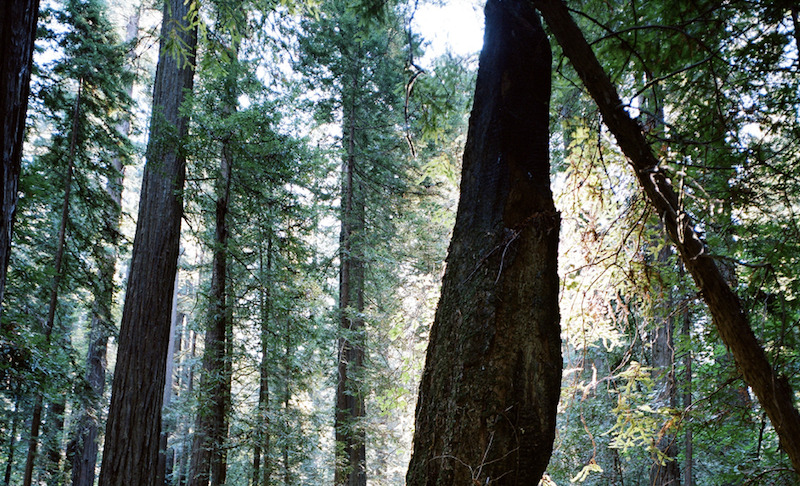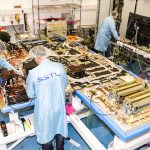Trimble is working with the University of British Columbia (UBC) to establish a state-of-the-art Trimble Technology Lab at UBC’s Forest Sciences Center. UBC is a global center for teaching, learning and research, consistently ranked among the top 20 public universities in the world.
In a recent communication, Nicholas Coops, UBC Forestry professor and Canada research chair in Remote Sensing, said the Trimble Technology Lab at UBC will give students and researchers access to some of the most innovative digital tools now being integrated into forestry practices across the industry.
Indeed, the forestry sector has been undergoing a profound digital transformation in recent years, broadly improving productivity and sustainability. To make this transformation possible, forestry professionals need rugged and reliable GIS data collection tools that work in tough conditions and environments. Trimble has a long history of providing such tools, including robust GNSS receivers for collecting high-quality data safely and efficiently, along with advanced software for post-processing. Unmanned systems, especially drone-based surveying systems are also increasing seen in forestry operations, guided by RTK, GNSS-based positioning and navigation technologies.
Top-class working lab
The new lab at UBC will be the first forestry-focused lab for Trimble and the first of its type in Canada. Trimble technologies that can help UBC expand its teaching and research capabilities include computer-based decision support systems, 3D modeling software, rugged field-tablets and 3D laser scanners. Specifically to be featured at the new forestry lab are the Trimble XR10 HoloLens with hardhat, TX8 laser scanners, robotic total stations and field tablets. Advanced software solutions include RealWorks scanning software, Tekla Structures, Tekla Structural Design Suite, eCognition data analytics software, TerraFlex GIS data collection, Trimble Access field software, and the company’s well-received 3D modeling software, SketchUp Pro, as well as the Connected Forest portfolio, which enables forestry professionals to collect, communicate, and analyze information across the forest-to-mill supply chain, improving productivity and streamlining operations.
Amy Northcutt, Trimble director of Education and Outreach said the company’s gift to UBC represents its clear commitment to the future of sustainable forestry practices. Educational areas that will benefit include silviculture, stand dynamics, forest biometrics, carbon management, sustainable harvesting systems and resource identification, quantification and many more.






